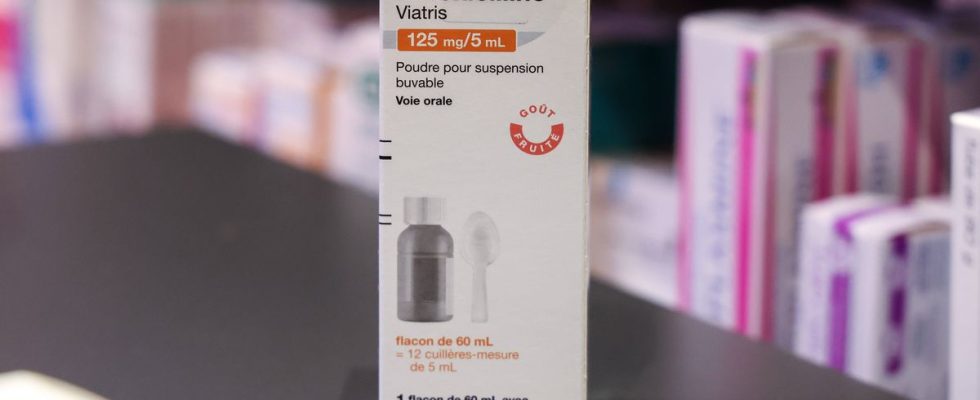The days follow each other and are similar. In pharmacies where many drawers are sparse, drug shortages are a daily hassle. And a phenomenon that affects more and more patients. ” Out of stock “. “Supply tensions”. Every day or almost, the National Medicines Safety Agency (ANSM) alerts on untraceable molecules.
The list fluctuates, covering medications ranging from the treatment of minor everyday ailments to treatments for long-term conditions or serious illnesses.
“Anticancer drugs, antibiotics, corticosteroids… The list is endless”
What medications are missing? “Impossible to answer you, it would take many hours,” replies Pierre-Olivier Variot, pharmacist and president of the Union of Community Pharmacists’ Unions (USPO). There are fundamental disruptions, which particularly affect antibiotics and corticosteroids. And more random ruptures and tensions, which concern cancer drugs, analgesics, insulin, antihypertensives, and so on: the list is endless, there are thousands of references.”
In pharmacies, this creates a source of stress for pharmacists, “but especially for patients, many of whom are faced with these shortages,” regrets Pierre-Olivier Variot. It’s very hard to say to a patient: “this month, we have your cancer treatment, but we have no visibility and no certainty of having it next month.” It’s terrible, and it’s not normal.”
So “we organize ourselves: we see with our closest colleagues, sometimes we issue orders before the end of a patient’s prescription, to be able to meet their needs when their treatment is renewed, he continues. But we don’t always succeed.”
Fears for virus season
And while France is just emerging from a late episode of heatwave, tensions over antibiotics should quickly become very problematic with the arrival of autumn and its procession of seasonal illnesses. Today, “antibiotics are still out of stock,” laments the pharmacist.
In detail, “Amoxicillin/Clavulanic Acid” and “Augmentin” in “all oral forms, all dosages” are in “supply tension”, warned the ANSM at the beginning of July. The same goes for “Amoxicillin-Clamoxyl”, again in “all oral forms, all dosages”. To date, “the most impacted forms are mainly oral suspensions in bottles, mainly prescribed in towns for children,” specifies the ANSM. We are doing everything we can to secure the situation as best as possible (…).”
But the demand is great, much more than the supply. Because Amoxicillin is the standard treatment for a number of infections in adults and children, such as “acute bacterial sinusitis, acute otitis media, acute community-acquired pneumonia, streptococcal angina and pharyngitis, or even cystitis and dental abscess », Details the medicines agency, which recalls that “antibiotics have no effectiveness against viral infections, including bronchiolitis, influenza, Covid-19, nasopharyngitis and the vast majority of tonsillitis and ear infections”.
A blank plan on hold
Shortages are above all a long-term problem that worries pharmacists. “We have regular meetings with the Ministry of Health and the ANSM, but the problem is increasing in intensity and there are not too many solutions in sight,” observes Pierre-Olivier Variot. We are told to report ruptures and tensions, which we do. But I would like someone to tell us how to prevent them! We are still waiting for the big white plan of the drug that François Braun was to present to us. In the meantime, there has been a change of Minister of Health.”
To avoid finding yourself deprived once winter comes when it comes to antibiotics, the new minister, Aurélien Rousseau, announced on August 27 an increase in the price of Amoxicillin by 10% from October 1. An increase intended to encourage laboratories to produce more, and thus guarantee supplies. The announcement was condemned by the Observatory for Transparency in Medicines Policies, which believes that “the government is making the population pay for its inability to resolve drug shortages”.
Faced with this recurring phenomenon, an interministerial mission launched by Matignon in January called at the end of August for a “New Deal” for the entire chain, from manufacturers to patients, including an overhaul of the regulatory system, “commitments” from manufacturers or a ” better control of volumes.

